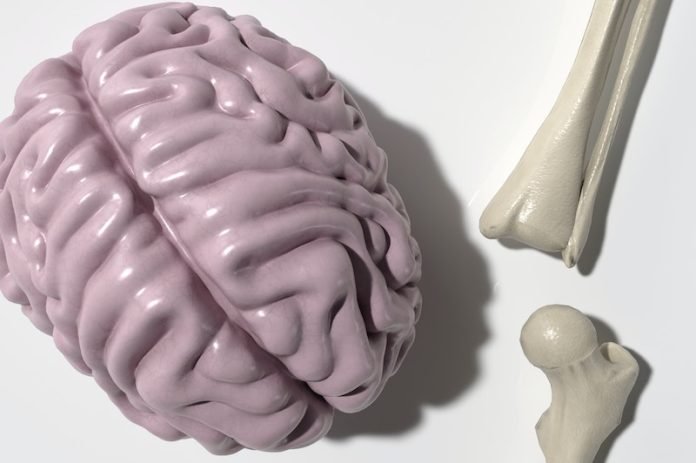
Recent research from Cedars-Sinai reveals that abnormalities in blood vessels in the eye play a significant role in the progression of Alzheimer’s disease.
This groundbreaking study suggests that these ocular changes might serve as an early diagnostic tool for the disease.
The Link Between the Eye and Alzheimer’s
According to the research published in Alzheimer’s & Dementia, there is a correlation between the vascular changes in the retina (a layer of nerve tissue at the back of the eye) and Alzheimer’s disease.
Maya Koronyo-Hamaoui, Ph.D., emphasizes that these findings offer insights into the damages Alzheimer’s causes to the retina’s blood vessels.
This could pave the way for a non-invasive method to diagnose and monitor the disease’s
Study Findings
The study examined blood vessels in retinas from a varied group of human donors: 24 with Alzheimer’s, 10 with mild cognitive impairment, and 27 with standard cognitive abilities.
One of the earliest identified signs of Alzheimer’s is a disruption in the blood-retinal barrier, a protective mechanism in the retina.
This barrier was significantly compromised in Alzheimer’s patients, making them more susceptible to harmful substances.
There’s also a strong connection between this damage and cerebral amyloid angiopathy (CAA) – a condition marked by the accumulation of amyloid proteins in small blood vessels in the brain.
The current identification of CAA is only possible through post-mortem brain tissue samples. With further advancements in retinal imaging, this damage could provide the first chance to detect CAA in living patients.
Moreover, amyloid beta 40 protein deposits were found in the retinal arteries of Alzheimer’s patients. This accumulation might be causing the arteries to stiffen, thus hampering blood flow and the removal of harmful substances.
The Implication
The retina and brain are densely vascularized, and both heavily rely on a robust blood supply. Restricting this supply, which might be caused by the detected damage, deprives cells of essential oxygen and nutrients.
Although advanced retinal imaging holds promise for monitoring these changes, it still awaits FDA approval.
Keith L. Black, MD, from Cedars-Sinai, stated that the retina, as an extension of the brain, offers insights into various central nervous system disorders.
This research complements recent strides in retinal imaging, pushing forward the prospects of early detection of Alzheimer’s.
Prevention is Key
In light of these findings, Dr. Koronyo-Hamaoui suggests adopting habits that bolster the circulatory system. She emphasizes maintaining blood vessel health as a critical preventive measure against Alzheimer’s progression.
Some recommended preventive measures include managing hypertension, adhering to a healthy, low-sugar diet, moderating alcohol consumption, and avoiding smoking.
The overarching message: blood vessel health is pivotal in the fight against Alzheimer’s disease.
If you care about brain health, please read studies about vitamin D deficiency linked to Alzheimer’s and vascular dementia, and blood pressure problem at night may increase Alzheimer’s risk.
For more information about brain health, please see recent studies about antioxidants that could help reduce dementia risk, and epilepsy drug may help treat Alzheimer’s disease.
The study was published in Alzheimer’s & Dementia.
Follow us on Twitter for more articles about this topic.
Copyright © 2023 Knowridge Science Report. All rights reserved.



